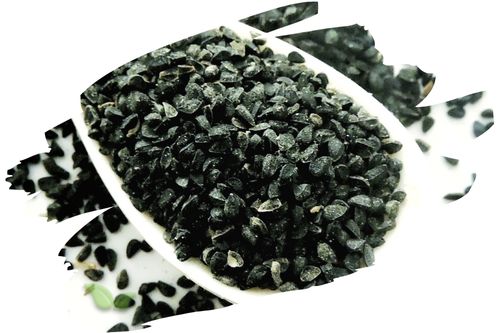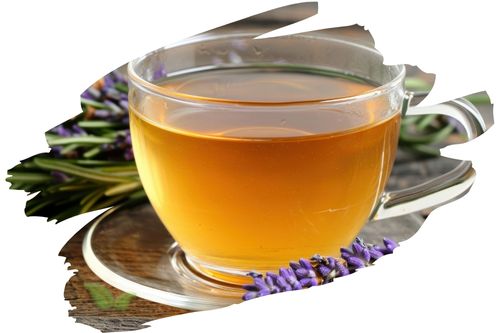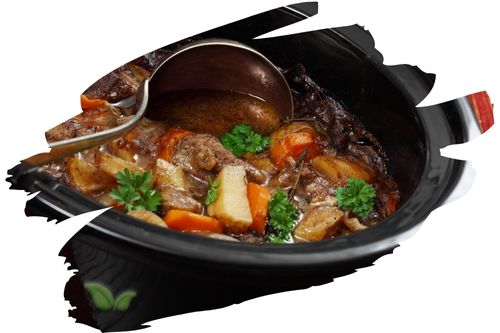
The science behind seasoning involves various chemical reactions that occur when spices, herbs, and other flavorings are added to food. The chemical reactions can occur at different stages, from the initial cooking process to the final seasoning of the dish.
One of the primary chemical reactions that occurs during seasoning is oxidation. When spices are exposed to air, they undergo oxidation, which can change the flavor and aroma of the spice. Some spices, such as nutmeg and cinnamon, contain essential oils that are highly reactive and can undergo oxidation quickly, resulting in a loss of flavor and aroma. Proper storage and handling of spices can help minimize the effects of oxidation.
Another chemical reaction that occurs during seasoning is the Maillard reaction. This reaction occurs when amino acids and reducing sugars are heated together, resulting in the browning and caramelization of the food. The Maillard reaction is responsible for the rich, complex flavors and aromas that are characteristic of roasted meats, caramelized vegetables, and other cooked foods.
Enzymatic reactions can also occur during seasoning. Some spices, such as ginger and garlic, contain enzymes that can break down proteins and carbohydrates in the food, resulting in changes to the texture and flavor of the dish.
Finally, seasoning can also affect the pH of the food. Some spices, such as lemon juice and vinegar, are acidic and can lower the pH of the food. This can affect the texture and flavor of the dish, as well as the growth of bacteria.
In summary, seasoning involves a complex interplay of chemical reactions that can affect the flavor, aroma, texture, and appearance of the food. Understanding the science behind seasoning can help home cooks and professional chefs alike to achieve the perfect balance of flavors in their dishes.
Alert: While spices can have many beneficial properties for health, using them for medical purposes should be done under the guidance and supervision of a healthcare professional or specialist. Some spices may interact with medications or cause adverse reactions in certain individuals, and it is important to use them safely and appropriately. If you are considering using spices for a medical condition, it is important to consult with a healthcare professional before doing so.




















































